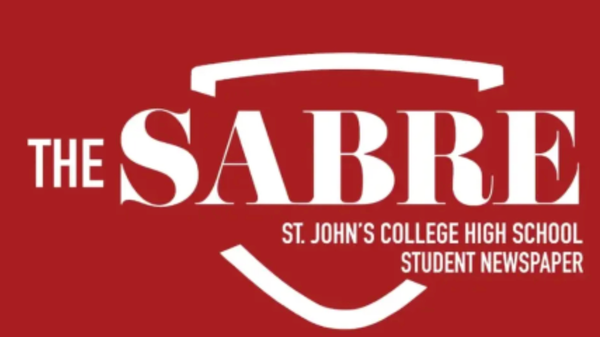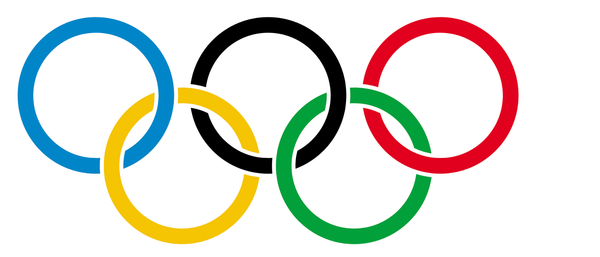Editorial: Analyzing cancel culture


“Cancel culture”, as defined by the Urban Dictionary, is when a large mob of people come together to relentlessly attack a certain person over an accusation of some kind, which later on is usually proven false. Ask any millennial or Generation Z-er and they will most likely say it comes from social media, specifically Twitter. Urban Dictionary also explains how generally the accusation starts on Twitter, [and] the original post gets questioned then deleted but the mob has already started attacking, and the person who made the accusation can enjoy a boost in followers.
Cancel culture has been used to expose politicians, actors and actresses, YouTubers, musicians, and even students within a school. The Washington Post article “Tales from the Teenage Cancel Culture”, gives an insight of how large of a role cancel culture plays today’s teenagers’ lives. In the article, a 17 year-old named Neelam recalls a story from when she “canceled” a problematic classmate. Keeping up with current news about R. Kelly and domestic abuse charges made against him, Neelam called out a classmate for supporting R. Kelly’s music. This classmate refuted saying “We understand he’s in jail and he’s a pedophile, but I still like his music.” Neelam decided that this classmate, who was known in the past for being problematic and using racial slurs, was “canceled” in her eyes.
Teenagers like Neelam describe cancel culture as “a way to take away someone’s power and call out the individual for being problematic in a situation.” She doesn’t think it’s being sensitive, but she thinks that “it’s just having a sense of being observant and aware of what’s going on around you.”
Cancel culture can be used as a tool to educate and bring awareness to social justice issues and prevent further ignorant actions from happening. When used carefully with the right intentions, it can help bring much needed change and more empowerment for all; however, recent debates have been made whether or not cancel culture is a form of social and political activism or a way to disguise bullying.
In a recent interview at the Obama Foundation summit, former President Barack Obama talks about the significance of “call-out culture” and “wokeness” (defined as Self-righteousness masquerading as enlightenment by Urban Dictionary) in today’s world of social media.
He said, “This idea of purity and you’re never compromised and you’re always politically ‘woke’… you should get over that quickly. The world is messy; there are ambiguities…people who do really good stuff have flaws” and that these people may “share certain things with you.”
He describes today’s young people of having a mindset that making change is to be as judgmental as possible about other people and also said that’s not activism or bringing about change.
Cancel culture is meant to create a more just society and unify communities, yet in reality it sometimes perpetuates narrow, closed mindsets that actually build more secluding walls between people rather than tear down. Activism is reform efforts made to promote and bring positive change to society. Social media gives a voice to those who feel unheard yet one must always remember to approach everything with an open mind and an empathetic heart to thoroughly develop one’s own opinions and stances in order to bring effective change in society.
The Washington Post article: https://www.nytimes.com/2019/10/31/style/cancel-culture.html
Former President Obama’s Interview at the Obama Foundation summit:



